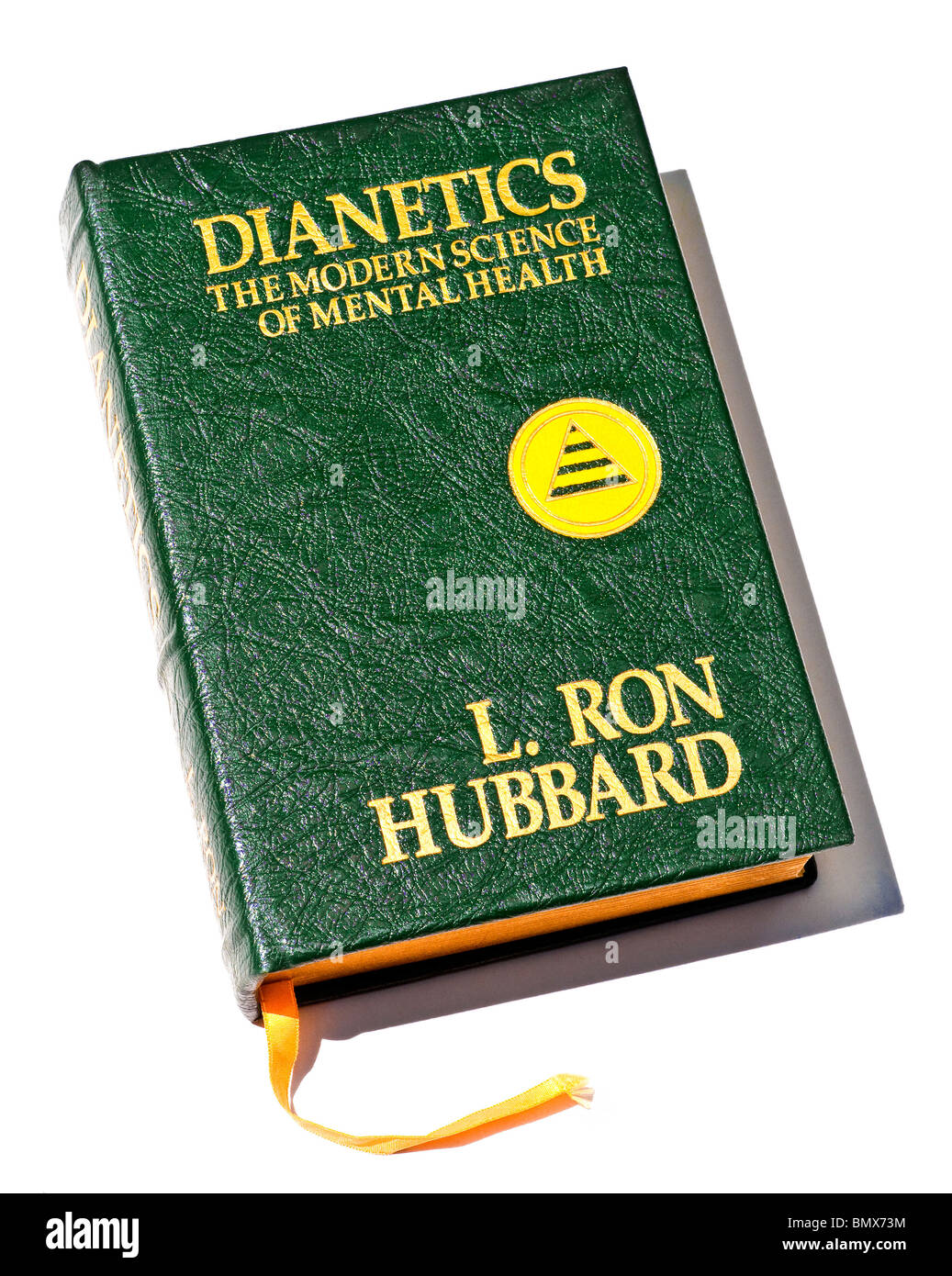The Basic Principles Of Dianetics
The Basic Principles Of Dianetics
Blog Article
Dianetics Can Be Fun For Anyone
Table of ContentsThings about Dianetics4 Simple Techniques For DianeticsDianetics for DummiesHow Dianetics can Save You Time, Stress, and Money.
I couldn't ever not intend to get anything that comes to mind for you- if it was otherwise, I wouldn't be sitting here with you, doing this. I not just might never have a trouble, or otherwise want to hear something that comes to mind for you, but I'm completely excited to know every concept, every thought, every image or sensation that emerges or manifests for you- do not ever assume or else, and if somehow you do, please simply allow me know! Sometimes, you might have a thought, and picture, idea or event appear that does not appear to answer the inquiry, or connect to it, but however, constantly do tell me regarding it, and as we continue, the importance will arise for you.This is inherent in the basis of processing, and the topic of this discussion: the standard functions of the therapist and the client: The fundamental function of the therapist is, contrary to "common training", not to manage, which indicates to enforce and/or prevent, yet to instead function from the basis of EMPOWERING THE CLIENT.

The smart Trick of Dianetics That Nobody is Discussing
John Mcmasters revealed this standard truth splendidly well in one of his lectures on Power handling, in which he discusses just how he was asked what this "special propensity" was that he had for offering such excellent sessions; he needed to consider that for a moment, and identified that it was what he had not been doing, as well as what he was doing: he wasn't examining, judging, computing, or as a matter of fact, producing any type of ideas, let alone spoken expressions, after giving the command and while awaiting the PC to complete their response to their contentment; he was, simply and only, being existing with the computer, and entirely interested.
The duty of the therapist, showed; that was his "unique flair". I have actually had my own experience which showed me this well, extremely early in the video game. In 1982, having just recently completed my training and internship on New Era Dianetics, I was running this on a PC, and there was a factor in the session where (being a little bit damp behind the ears not yet having many hours under my belt as an expert auditor) the PC seemed to be "taking also lengthy" to reveal anything verbally after I provided him a command.
This key turned out to be the most valuable payment that John ever before made to the subject of therapy or auditing (Dianetics). In my humble opinion, it is the best payment that any individual has ever made to these subjectsthe application is entirely non-judgemental, non-evaluative, and lacking any kind of pointer, suggestions or opinion.no preconditioned agenda for people, or 'levels' that they should do
In Scientology we prided ourselves on not evaluating for individuals. click for source All that really indicated was that the auditor did not VERBALLY examine for the Computer in session.
6 Simple Techniques For Dianetics

Anyone who had actually ever seen John audit might not help yet discover an one-of-a-kind quality in his bookkeeping."The customer's fundamental function is to be there with the purpose of moving in the instructions of their spiritual goals, and to easily and totally reveal and experience whatever materializes for them in answering the concerns and executing the directions in the processing.
This is something to procedure as needed. Also, people often have prior experience and/or indoctrination in auditing/processing which, in some methods, and to some degrees, really deceives them into mindsets, ideas and habits patterns that stop the full understanding of these functions, and so they will have a tendency to prevent the expressing of what comes to mind, as in the instances offered above - Dianetics. * The first, and perhaps foremost examples of mis-indoctrination resulting in less than totally smooth and reliable sessions, can be discovered in specific recommended you read elements of the training routines, or "TR's":"TR's" are commonly an individual's initial, or at the very least early, experience in Scientology, and while I will certainly take place to describe what I view as the defects in idea and practice, nevertheless, tend to be considerably restorative, done as they are given (Hubbard insists that "TR's are not refining, they are educating", yet factually, they are both handling AND training)
There is no "flunking", and no rejection of the truth of this being processing. The emphasis, as it ought to be, is on experiencing the various other person's visibility.
Dianetics Things To Know Before You Get This

Report this page